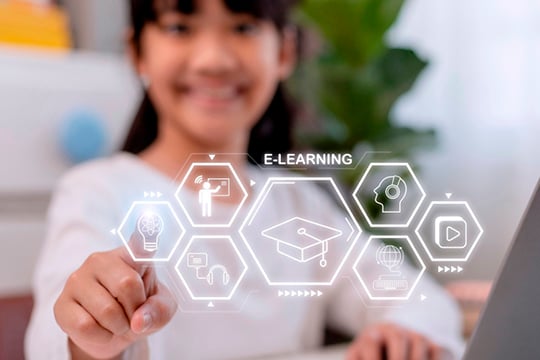Онлайн безопасността е споделен приоритет, но не винаги се действа по въпроса
The internet is now an inseparable part of childhood, shaping how children learn, play, and connect. For parents, this brings both opportunities and challenges: while digital tools can empower young people, they also expose them to risks that previous generations never faced. Questions of online safety—how to protect children from harmful content, scams, or cyberbullying—are at the forefront of many families’ minds.
To better understand how parents are approaching these challenges, we carried out a cross-border survey in CEE (Romania & Hungary). Our aim was to capture their priorities, concerns, and actions when it comes to preparing children for life online. The findings reveal not only strong common ground between countries but also notable differences in how parents respond to digital risks. Most importantly, they shed light on a growing gap between awareness and action—one that highlights why structured education around online safety is more vital than ever.
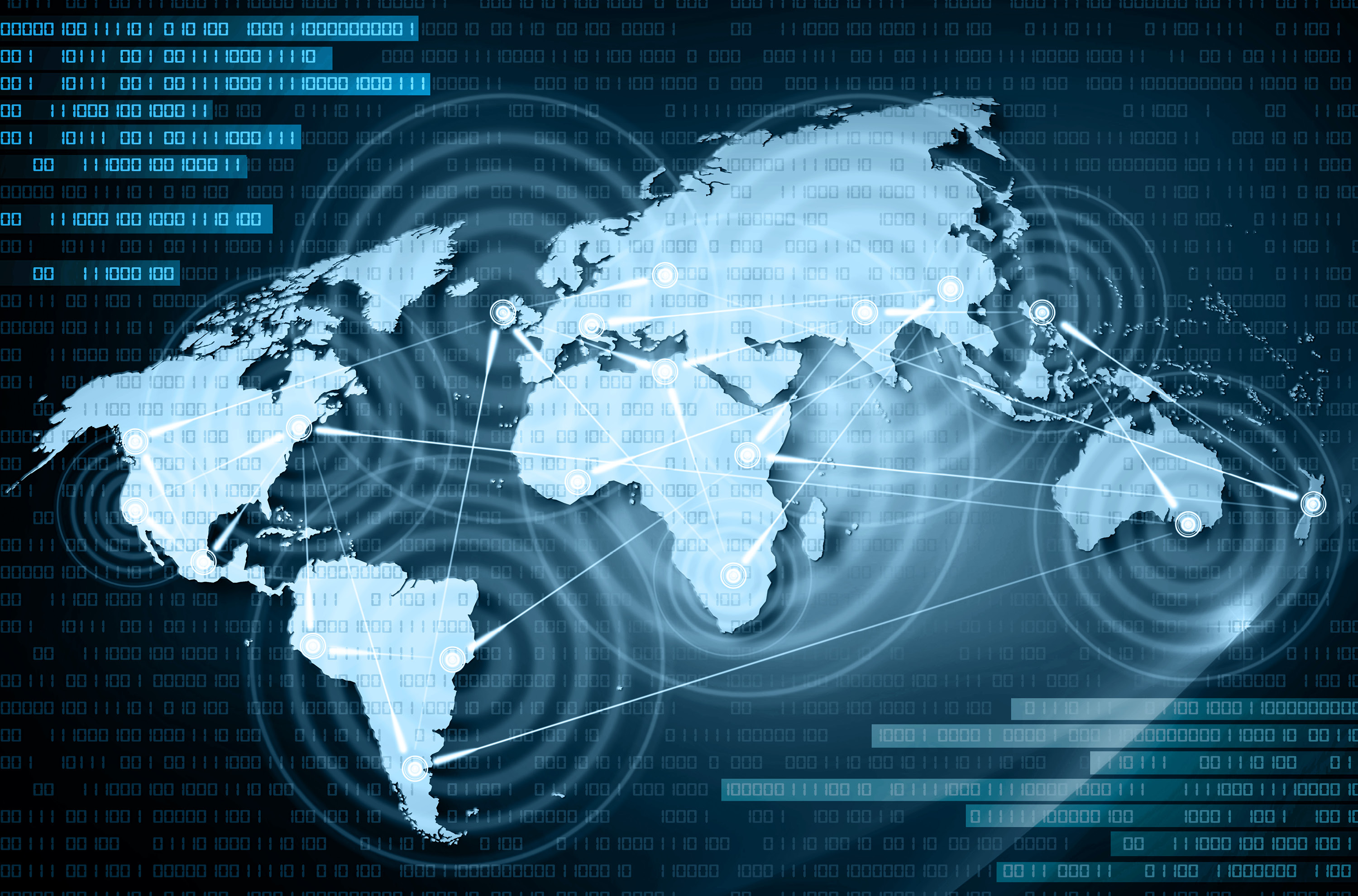
Parents Value Safety Above All Else
When asked which areas of digital literacy they considered most important, parents in both Romania and Hungary placed internet safety at the very top. Hungarian parents gave it an average importance rating of 3.5 out of 4, while Romanian parents rated it even higher, at 3.7. Closely behind were skills such as recognizing fake news, understanding privacy settings, and practicing good online etiquette.
Interestingly, more technical skills—like word processing, spreadsheets, programming, or even knowledge of artificial intelligence—were seen as important but ranked lower overall. This shows that for families, the priority is not just digital proficiency but protecting children in an unpredictable online world.
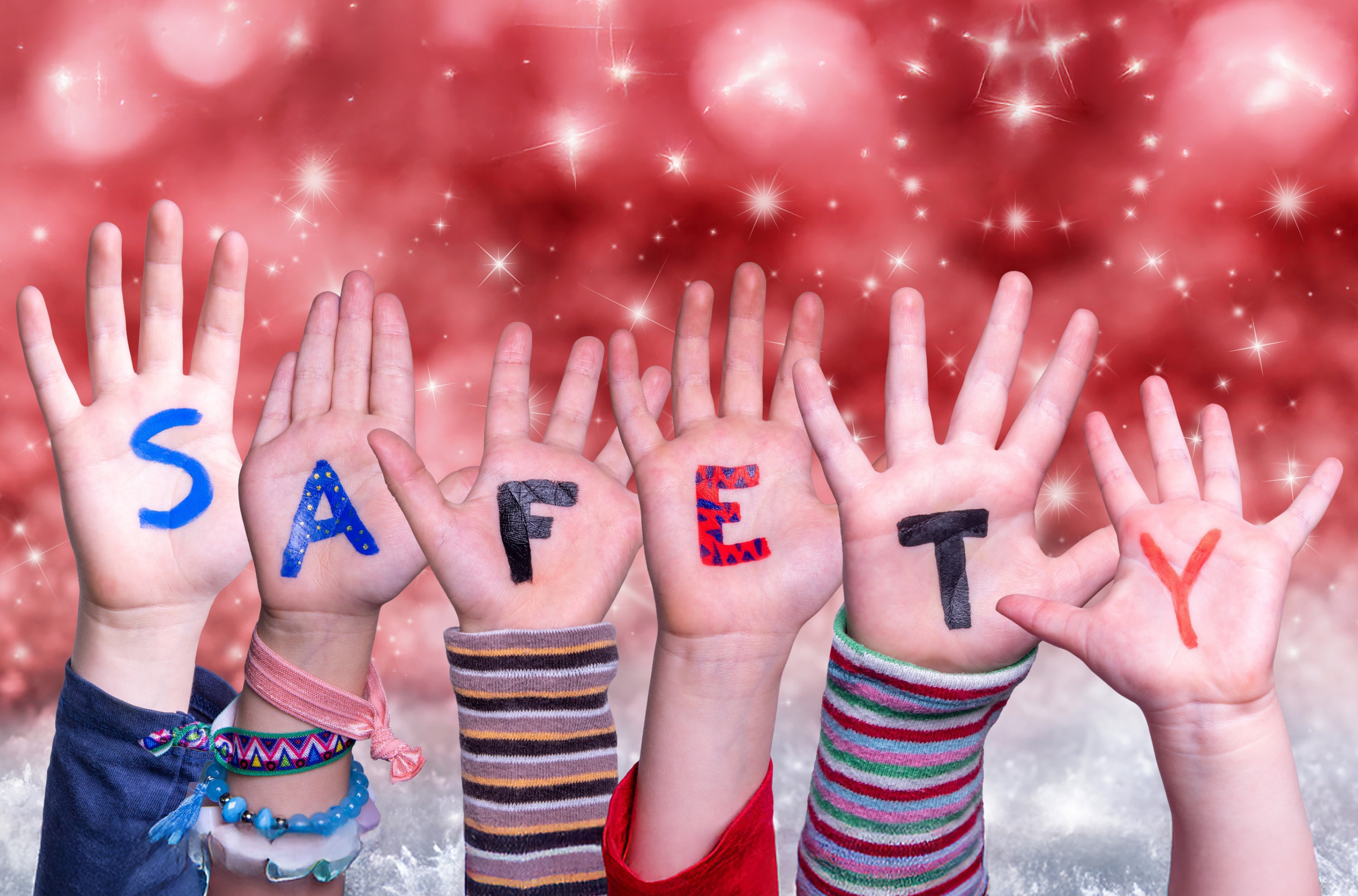
Hopeful Views, Persistent Concerns
Parents also shared how they feel about their children’s internet use. In both countries, the most welcomed activities were learning through online platforms and communicating with friends and family. By contrast, gaming, online shopping, and especially social media were seen with much more hesitation.
That caution is rooted in risk perception. Both Romanian and Hungarian parents ranked social media as the single riskiest online activity, followed closely by gaming, video platforms, and downloading files. Online learning, on the other hand, was consistently viewed as the safest use of the internet. Parents in Romania were particularly detailed in identifying additional dangers, from unreliable websites and gambling to cyberbullying and the easy accessibility of adult content.
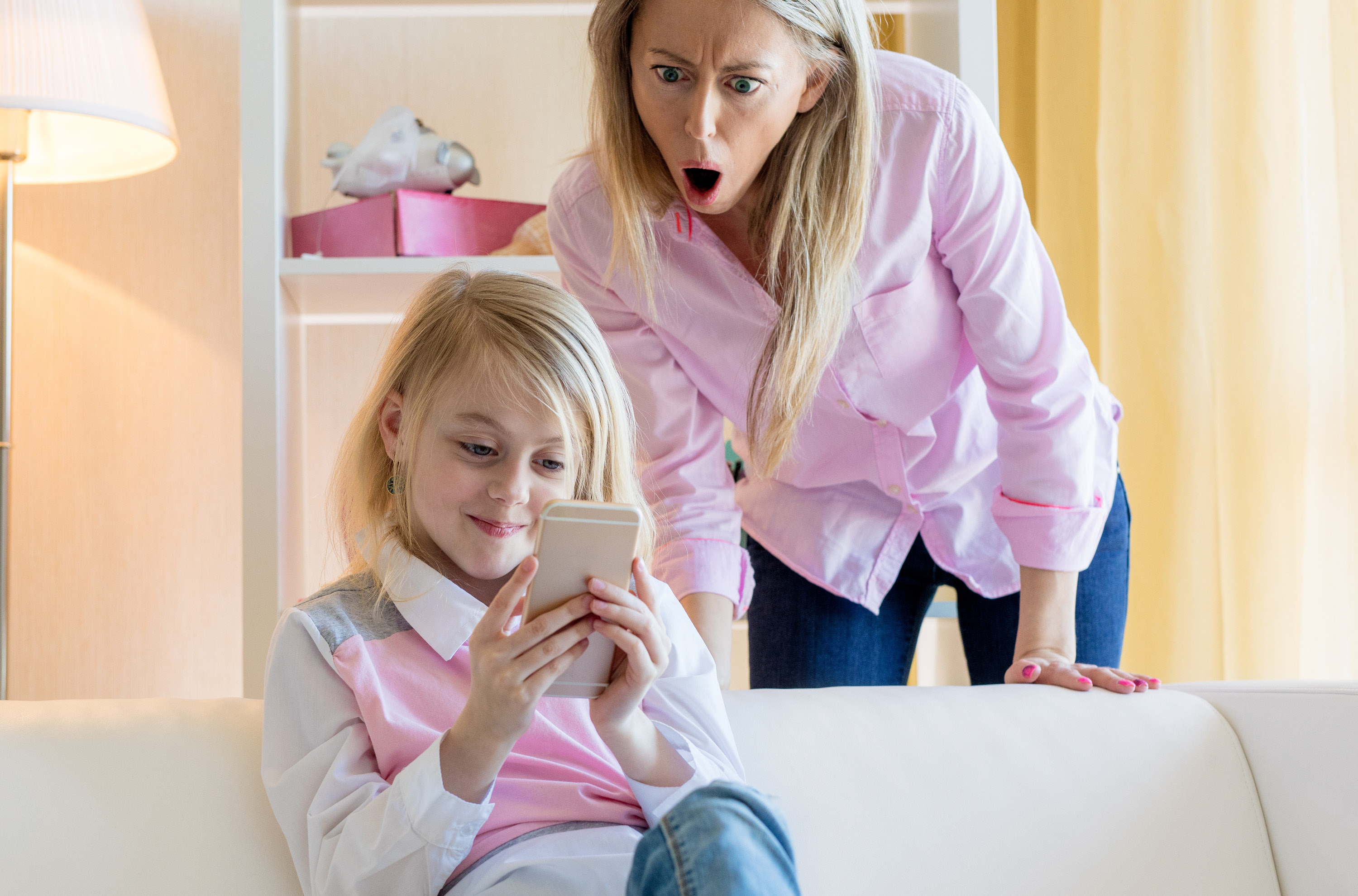
What Families Actually Do
Encouragingly, most parents are not ignoring these risks. In Romania 71.6% of parents report discussing internet safety at home, while in Hungary, 82.4% do the same. Many families go a step further by learning together— nearly 60% in Romania and 42.9% in Hungary.
But while conversations are a strong starting point, very few families take additional action. Only 18% of Romanian parents and just 4.9% of Hungarian parents enroll their children in extracurricular courses on online safety. Monitoring is more common—both countries scored around 3.2 out of 4 in parental supervision—but here too, strategies differ. Romanian parents tend to emphasize screen time limits, supervision, and education, while Hungarian parents lean more on access restrictions and device protections.
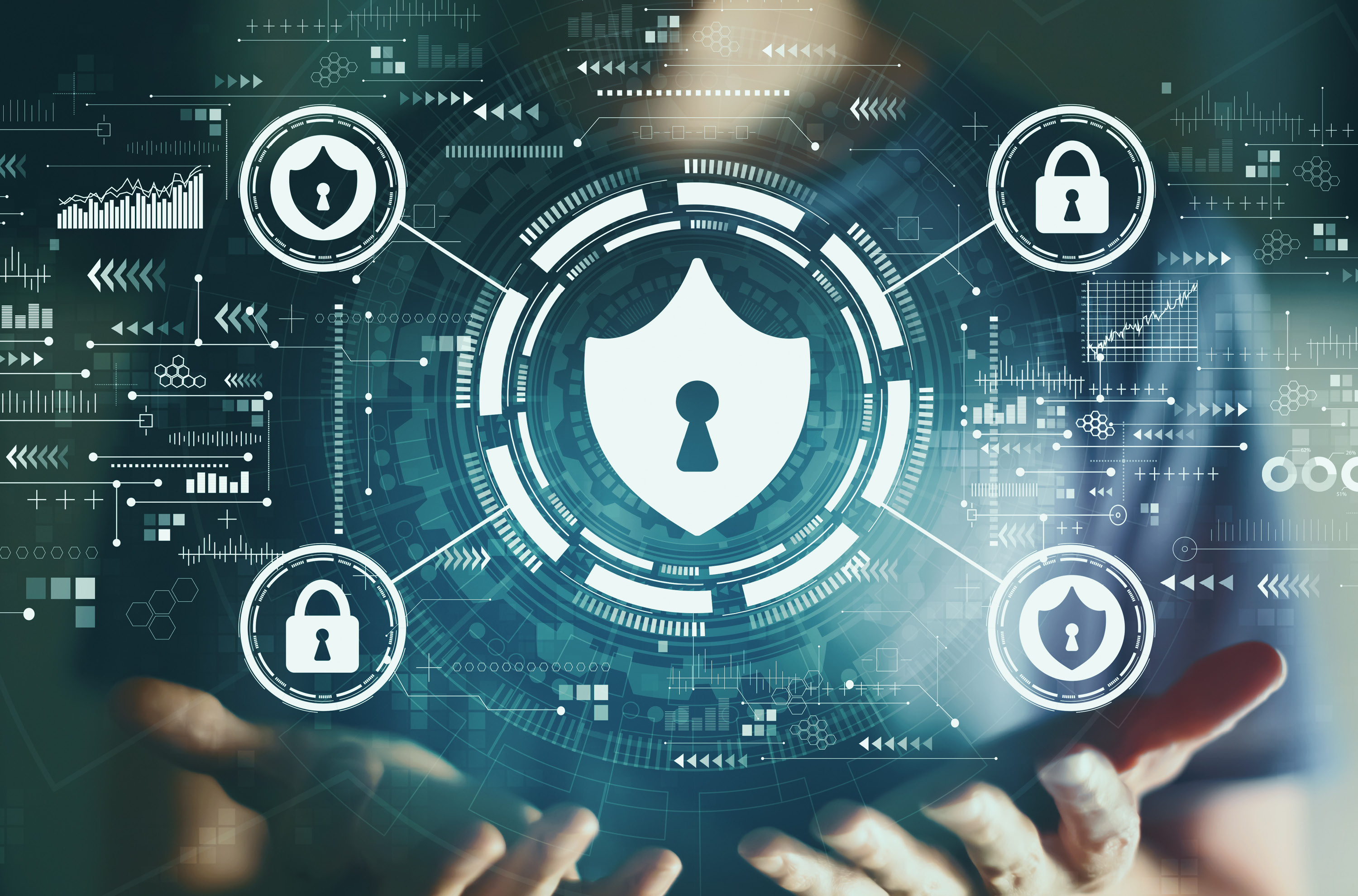
Осъзнатост без последващи действия
Тук разликата става ясна. Родителите в огромната си част ценят безопасността в интернет, но само малка част от тях инвестират в структурирано, подпомагащо бъдещето образование за своите деца. В действителност онлайн рисковете непрекъснато се променят: всяка година се появяват нови измами, платформи и заплахи. Добрите намерения и откритите разговори са важни, но те не винаги могат да бъдат в крак с бързо променящия се дигитален пейзаж.
От загриженост към увереност
Като цяло тези резултати показват, че родителите са силно загрижени за безопасността в интернет, но често не разполагат с необходимите инструменти, за да предприемат значими действия. Именно тук се намесват частни институции и компании като Logiscool. Те предлагат увлекателни, ръководени от експерти програми за безопасност в интернет и дигитален етикет, които предоставят на децата практически знания и реални стратегии, като същевременно осигуряват спокойствие на родителите. Ценна отправна точка са и безплатните правителствени дейности за деца, които предлагат достъпни начини за ранно изграждане на информираност и умения. Превръщайки загрижеността в действие, семействата могат да преминат от реактивни разговори към проактивно, изграждащо доверие образование. Децата се научават как да бъдат в безопасност и да мислят критично онлайн, а родителите вече не трябва да носят тежестта сами.
